There are four types of CONDITIONAL patterns as you can see from the chart:
1st conditional (a situation that will most likely happen in the future)
2nd conditional (a situation that is unreal or almost impossible)
3rd conditional (a past imagined situation that has no chance of happening)
Sometimes the difference between the 1st conditional and 2nd conditional is not quite clear to some students. The difference can be sometimes based on our own opinion of the situation (whether we think it's possible or not.) If you look at the example for the 2nd condition, it's possible that if she saved a lot of money, she could buy the mansion. However, she is a shopaholic and it is almost impossible for her to save a lot of money, so it's unlikely to happen.
For the 3rd conditional, it's always talking about a past event that will not have any chance of ever happening. Most of the time, we use this to express regret. I regret not buying the lottery because if I had, I would have bought the mansion already. It's an unreal situation. We'll never know if it will happen or not!


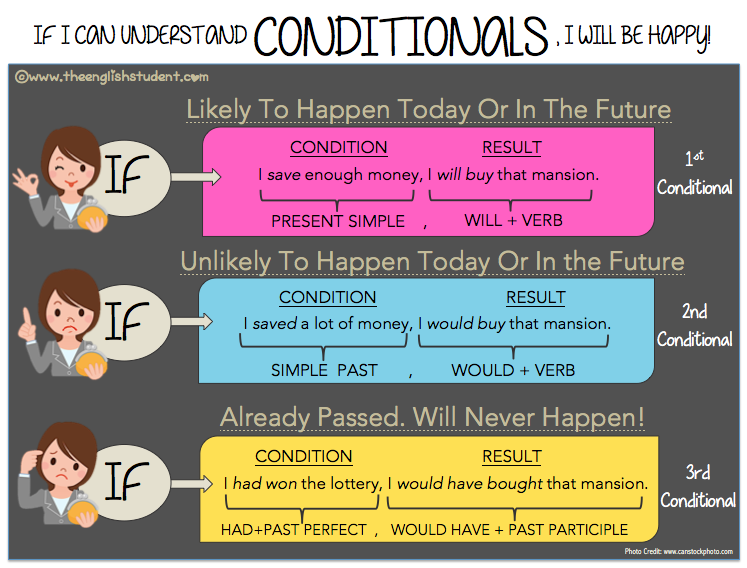


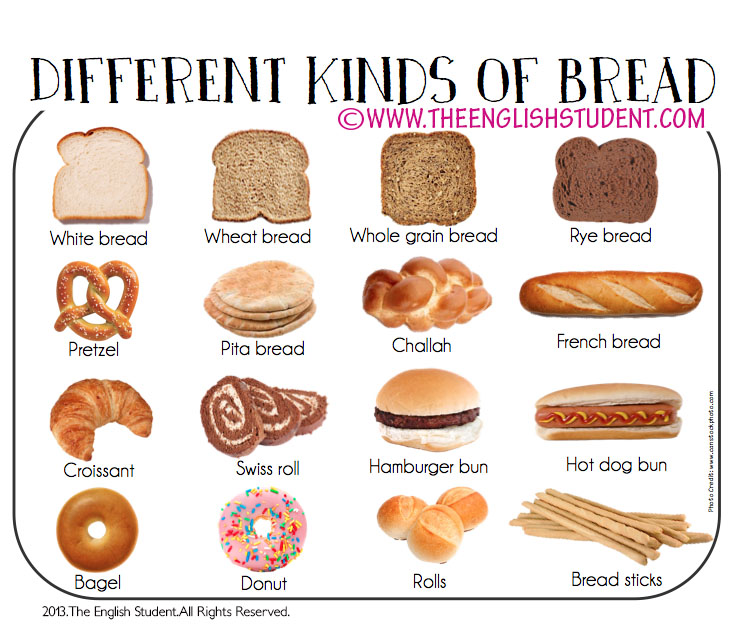
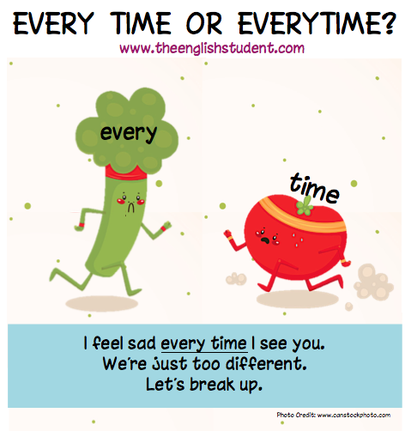

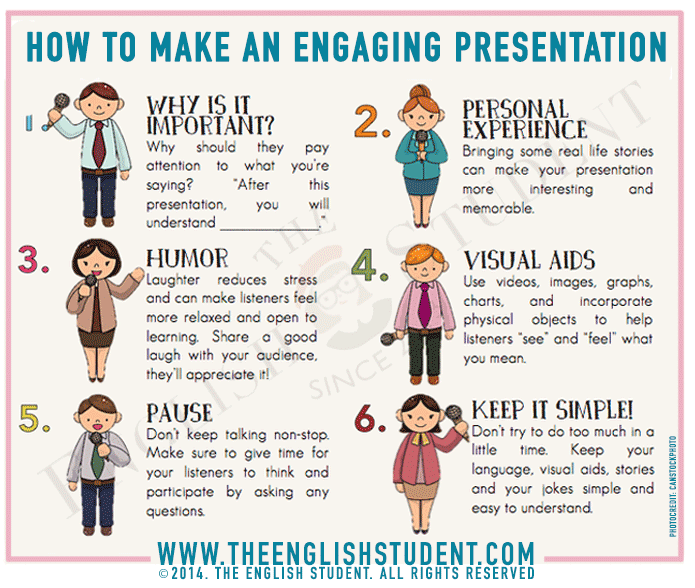
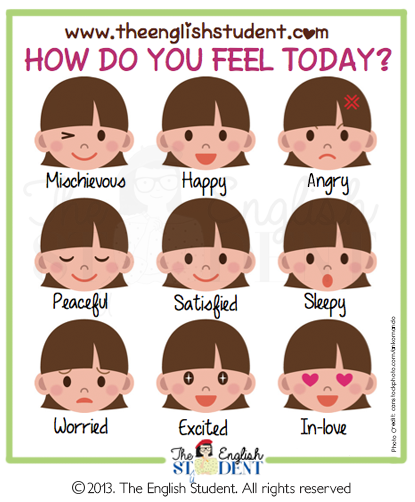






 RSS Feed
RSS Feed
